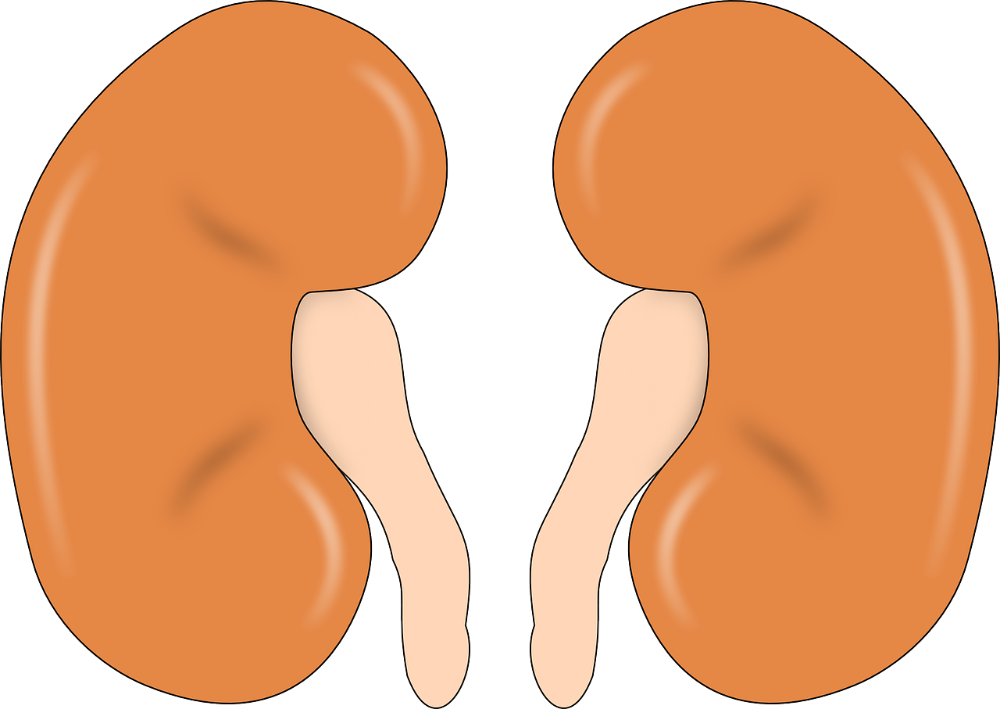Kidney Cancer- What You Need To Know
Author: Abbie Owens | June 16, 2016

Kidney cancer is the 5th most common cancer in men and the 10th most common in women, making it the 8th most common cancer in the UK overall. Read on to find out what it is, how it’s diagnosed and how it’s treated.
Kidney Cancer Causes
Also known as renal cancer, kidney cancer is mainly diagnosed in those over the age of 75, and it’s very rare for under 50’s to be affected. As stated above, it is more common in men than in women. Kidney cancer is when cancerous cells grow in the kidney and there are 2 main types of kidney cancer, renal cell carcinoma and transitional cell carcinoma. Smoking and being obese both increase your risk for this cancer, as does having kidney disease and inherited faulty genes.
Kidney Cancer Symptoms
The most common first indicative symptom of kidney cancer is blood in the urine. While there can be many different causes for this such as an infection, go to your doctor to get it investigated. Other symptoms include weight loss, a persistent pain on one side beneath the ribs, tiredness, running a temperature, loss of appetite and a general feeling of being unwell.
If your doctor suspects that you may have kidney cancer, they will wish to have a closer at your kidneys, which as they are so small, requires one of the following procedures. The first is ultrasound which can be used to take a look at your kidneys to check if there are any unusual masses or growths. Next is the CT urogram; this creates computerised, 3D images that let your doctor the whole urinary system clearly. To carry out this test, you will have special dye injected into a vein, and then a CT scanner takes a series of x-rays to build up an image of your kidneys.
Another type of test that is often carried out is a cystoscopy that lets the doctor physically see what is happening. A tube with a light at one end and an eyepiece at the other called a cystoscope is put into your urethra and up into the bladder, enabling the doctor to check on your kidneys. While this sounds daunting it can be performed under local anesthetic. Following these tests, after a few days your cancer clinic will contact with your results and your treatment options if you do have kidney cancer.
Kidney Cancer Treatments
If the cancer is not yet advanced, then surgery is usually the first treatment option. How much of your kidney will be removed is dependent on how far the cancer has spread and how large the tumour is. Often the entire kidney will have to be removed, as well as the surrounding lymph nodes and adrenal gland. Often surgery is followed by radiotherapy to help decrease the risks of the cancer returning. If the cancer is too large to operate on, or if your health won’t permit surgery then radiotherapy is sometimes used to shrink and reduce the tumour. Radio wave treatment can also be used to destroy the cancerous cells through heating them up, as can cryotherapy which does the same thing but in the opposite way by freezing them.
Kidney Cancer Survival Rates
Survival rates for kidney cancer are encouraging especially considering the average of people affected is 64, and as with all cancers, the earlier it is detected and caught the easier it is to treat. So if you have been presenting any of the above symptoms, then visit your doctor to at least put your mind at ease.
*****
Subscribe to our NEWS letter
Stay informed about our latest updates through email. Subscribe here.
Subscribe to our NEWS letter
Stay informed about our latest updates through email. Subscribe here.
